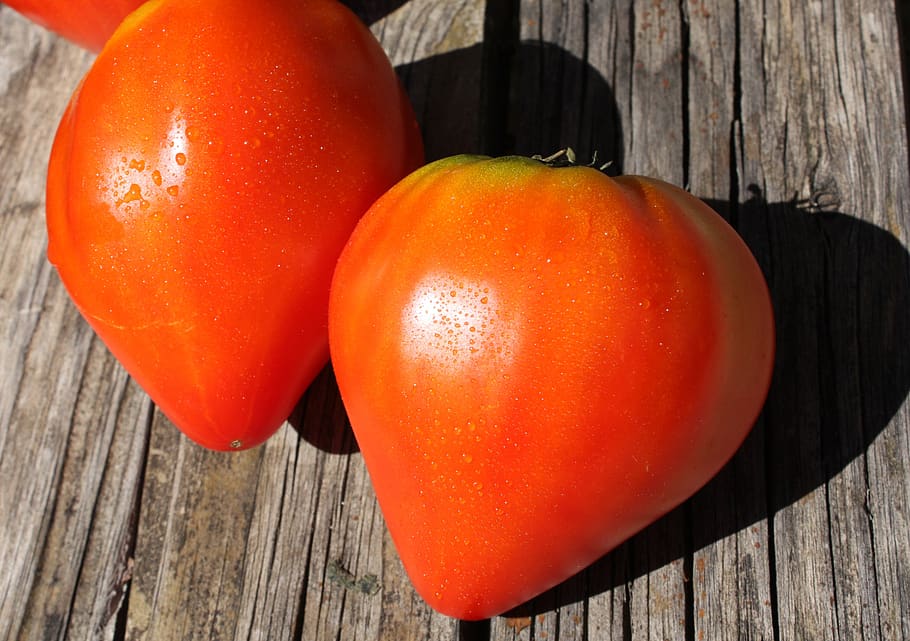Growing Peppers Indoors – Guidelines & Tips
Growing peppers indoors can be a rewarding experience for people who have limited outdoor space. Peppers can do quite well indoors if you follow the right guidelines and use the right tips for growing them. So, if you’re interested in starting an indoor garden, peppers are a great place to start!
Choosing the Right Type of Pepper
When it comes to growing peppers indoors, it’s important to choose types of peppers that can do well inside. Some peppers require more sunlight than others, so it’s important to take this into consideration when selecting what type of pepper to grow indoors. A few good varieties that can do well inside are jalapeno, habanero, cayenne, and bell peppers.
Creating the Right Growing Environment
In order to get the most out of your indoor pepper garden, it’s important to create the right growing environment. Peppers need lots of warmth, light, and humidity to produce the best fruit. An area of your home that receives lots of bright, indirect sunlight is an optimal spot for pepper growth. If you’re concerned about keeping your plants warm, you can invest in a heating mat or terrarium. Improving the humidity in your garden can be accomplished by spraying the leaves with water, or by using a terrarium.
Using the Correct Soil
Using the correct soil is vital for ensuring your indoor pepper garden’s success. Peppers need a light, well-draining soil that is rich in organic matter. You can make a soil mix specifically for growing peppers indoors by mixing compost, coconut coir, and organic potting soil. Adding ground worm castings is also beneficial and will help the plants produce better fruit.
Provide Adequate Fertilizer
Giving your peppers the right nutrition is key to cultivating a healthy indoor garden. Peppers are heavy feeders, so they need regular applications of fertilizer to stay healthy and produce good fruit. A fertilizer that is high in nitrogen such as fish emulsion can help peppers grow strong and produce lots of fruit. You should apply the fertilizer every two weeks or so to ensure your peppers are getting the nutrients they need.
Be Prepared for Pests
Pests are always a potential problem when it comes to garderning, and indoor gardens are no exception. Some common pests that can be found in indoor pepper gardens are aphids, mites, and whiteflies. It’s important to inspect your plants regularly for signs of pests, and to take action if you find an infestation. Neem oil is a great natural way to get rid of unwanted pests.
Enjoy the Fruits of Your Labor
Growing peppers indoors can be a great experience! For the best results, make sure to create the right environment, provide adequate nutrition and humidity, and stay on top of any pests. With the right care and attention, you’ll soon be harvesting delicious peppers from your very own indoor garden. So get growing and enjoy the fruits of your labor!



